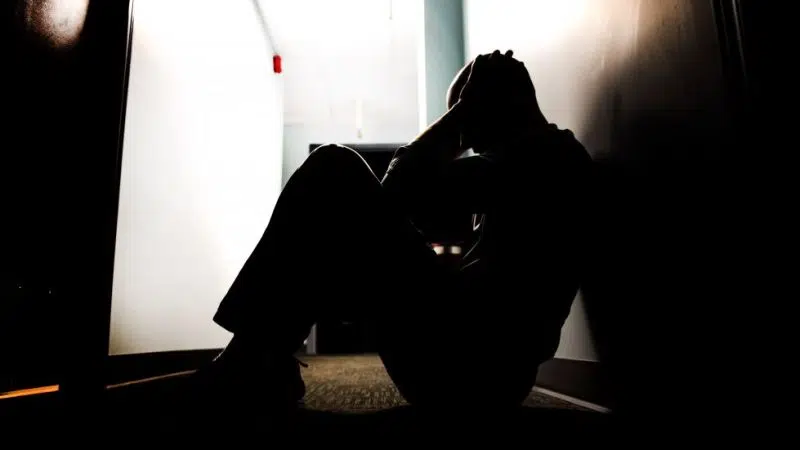
New support beds for mental health patients soon to come for Prince Albert, other cities in Sask.
Research shows stable housing combined with various levels of community support can lead to better outcomes for people with complex mental health and addictions issues.
That from Executive Director of Primary Health Services for South, Northwest Saskatchewan Vikki Smart on 75 new residential support beds slated for North Battleford, Prince Albert, Saskatoon and Regina.
The Saskatchewan Health Authority has issued a request for proposals for the project, which was a provincial budget commitment.
Twenty-five intensive beds will be built in Prince Albert, Saskatoon and Regina, while 50 less intensive beds will be spread between North Battleford and these three cities.


